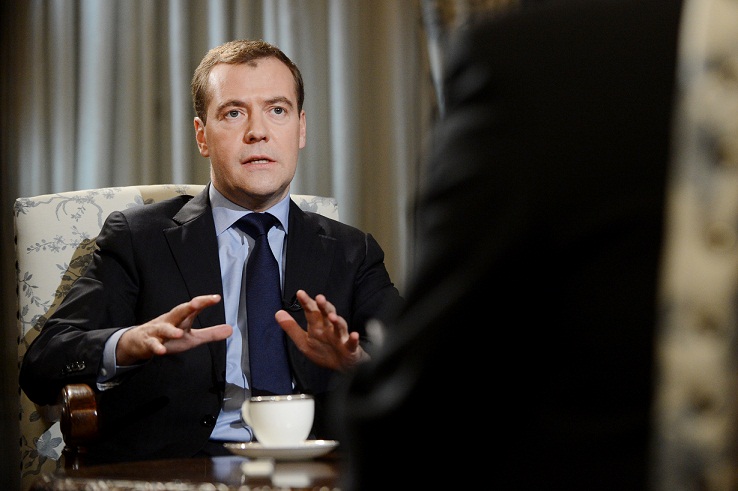LOUVAIN-LA-NEUVE, Belgium: With his characteristic clear-sightedness and, knowledge of history, General Charles de Gaulle used to say that one should not insult the future. He also believed that simple ideas were needed to address the complicated Middle East. In the immediate future, two important events will have an influence on the situation in the Middle East: the change of prime minister in Israel and the US presidential elections in the United States.
It is important to analyze the negotiations in progress between Syria and Israel as part of the peace process in the Middle East. The basic principle of those negotiations consists of returning the Golan Heights to Syria, in exchange for safety guarantees for Israel.
However, in a region where everything is connected, it would be illusory to hope to solve one problem while neglecting others. Palestine-Israel, Syria, Lebanon, Iraq, Iran: each situation is specific and, to a great extent, linked to the others. A partial and divided peace in the Israeli-Palestinian conflict will not substitute for a global peace.
The latest set of indirect negotiations between Syria and Israel nevertheless represents significant progress. It indicates the return of a process, negotiated between two rival states. If Tzipi Livni, the current foreign minister and head of the leading Kadima party, becomes leader of Israel s government, will she firmly uphold the process with Syria and the Palestinians that Ehud Olmert put in place? We can hope so, though of course, nothing is certain.
One of her first great challenges will be to set up a coalition government committed to providing peaceful solutions to many of the delicate unresolved issues in the area: tension at the border with Lebanon, division of water resources, the current situation in Gaza, the status of Jerusalem, the wall, Israeli settlements, Palestinian refugees, and the Iranian dimension.
After years of stalemates, and even tragedy, will the work initiated by Yitzhak Rabin and Yasser Arafat in 1993 be resumed?
In this respect, the current negotiations between Syria and Israel must be put into a global context: the peace offering at the 2002 Arab Summit in Beirut, which was further reiterated at the Riyadh Summit in 2007. This offering from Arab leaders proposed a global peace to Israel and secured its integration in the region in return for a decent settlement of the Israeli-Arab and Israeli-Palestinian questions pursuant to Resolution 242 of the UN Security Council of 1967. In this respect, the re-launching of the Syrian-Israeli negotiations arises from a process that may have finally reached maturity.
International and US support for these negotiations is even more revealing.
This change in attitude stems from Europe and France s May 2007 elections, which allow a pragmatic policy towards Syrian and Lebanese issues, as demonstrated by the recent visit of the French President to Damascus.
In the United States, the influential Baker-Hamilton report pleaded for a new strategy in Iraq and in the Middle East that would include meaningful political dialogue between Washington, Syria and Iran. Impeded by its own Axis of Evil rhetoric, the Bush administration refused to take these recommendations into account.
But will the new US administration work towards a resolution of the many issues in the Middle East? Positive signals would include a less unilateral and more balanced approach, better coordination with the European Union and the UN (in particular within the framework of the Quartet), as well as the will to engage in dialogue with Syria.
It is still difficult to foresee what Senator John McCain s or Senator Barack Obama s foreign policy toward the Middle East will entail. But, it would be erroneous to expect radical changes. Coming from the same party and having supported the Iraq War, Senator McCain seems to differ little with the current administration, although he is less ideological and more pragmatic. Senator Obama, however, was against the war in Iraq, and has indicated a willingness to implement a different policy, perhaps also towards Iran.
Experience tells us that electoral campaign statements should not be confused with the grim reality of action. However it is reasonable to expect that the coming months may have new opportunities in store.
Amine Ait-Chaalal is the director of the Centre for the Study of International Crises and Conflicts (Centre d Etudes des Crises et Conflits Internationaux – CECRI) at the Catholic University of Louvain (UCL) inBelgium. This article, translated from French, was written for the Common Ground News Service (CGNews).

